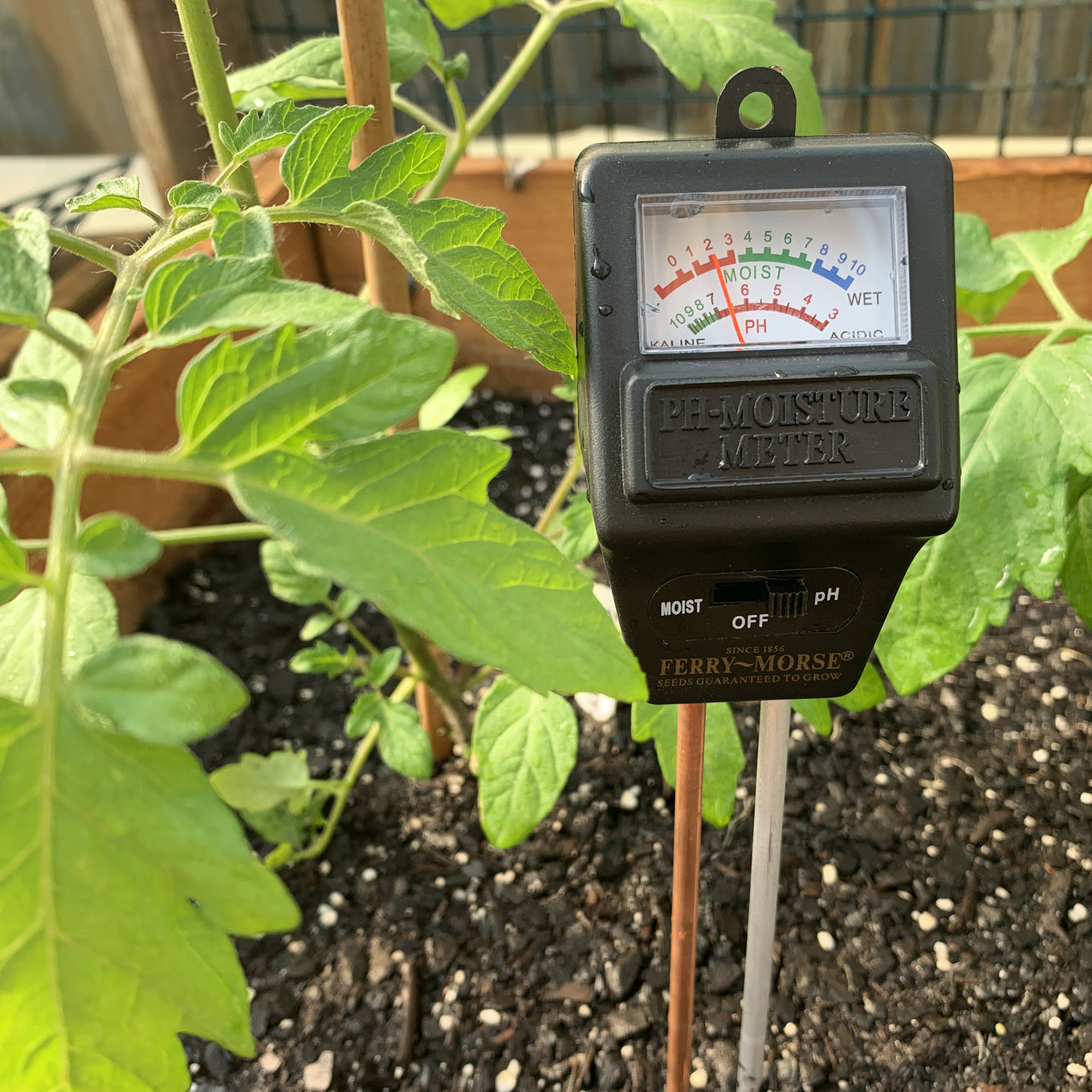Why Every Homeowner Demands a Moisture Meter: Key Benefits and Functions
Why Every Homeowner Demands a Moisture Meter: Key Benefits and Functions
Blog Article
The Ultimate Overview to Wetness Meters: A Comprehensive Overview and How They Can Conserve You Money
In the realm of structure maintenance, construction, and numerous markets, the significance of accurately gauging wetness levels can not be overemphasized. Moisture meters act as crucial tools in detecting and keeping an eye on moisture web content in products, aiding in protecting against expensive problems and making certain the high quality of products. Recognizing the nuances of various types of moisture meters, their applications, and the prospective cost-saving benefits they use can be a game-changer for professionals and services alike. Finding just how these devices can not just streamline processes yet also add to economic cost savings is a journey worth getting started on.
Kinds Of Wetness Meters
Numerous kinds of moisture meters are available for various applications in different sectors. One common type is the pin-type moisture meter, which determines the electrical resistance between two pins placed right into a product. This kind is ideal for wood, drywall, and other building materials. Pinless moisture meters, on the other hand, use electromagnetic sensor plates to scan a larger area without causing damage to the product's surface area. Moisture Meter. These meters are optimal for swiftly analyzing dampness degrees in big areas such as floorings and walls.

Infrared dampness meters determine the thermal properties of a material to establish its moisture material non-invasively, making them valuable for applications where pin or pinless meters may not be appropriate. Understanding the different kinds of moisture meters readily available can help sectors select the most appropriate tool for their certain moisture measurement requirements.

Advantages of Utilizing Dampness Meters
Moisture meters offer indispensable advantages in precisely evaluating and checking wetness levels in varied materials and environments. One of the key advantages of using moisture meters is the avoidance of possible damage caused by excess dampness.
Additionally, making use of moisture meters can lead to raised power performance. In agricultural setups, moisture meters play a vital role in enhancing plant yields by allowing farmers to check soil wetness degrees and make educated irrigation choices.
Exactly How to Pick the Right Moisture Meter
Choosing the proper dampness meter involves thinking about crucial factors such as material compatibility, dimension range, and calibration precision. When choosing a wetness meter, it's necessary to ensure that the meter is appropriate for the particular product you will be screening. Various materials have varying electric buildings that can affect moisture analyses, so choosing a meter developed for your product is critical for accurate outcomes. Additionally, think about the dimension variety of the dampness meter. Make certain that the meter can spot moisture levels within the range required for your applications. Calibration accuracy is another crucial element to bear in mind. Choose a wetness meter with reliable calibration to ensure precise and consistent analyses. Some meters might need regular calibration modifications, so comprehending the calibration process is very read the full info here important. By thoroughly evaluating these factors, you can choose a moisture meter that fulfills your demands and supplies precise moisture dimensions for your tasks.
Appropriate Techniques for Wetness Meter Usage

Expense Cost Savings Through Wetness Meter Applications
How navigate to this website can the critical usage of wetness meters lead to significant expense savings throughout numerous industries? In the agriculture market, moisture meters aid in identifying the optimum time for collecting crops, stopping over-drying or excess dampness that can affect the final product's high quality.
In a similar way, in construction, moisture meters assist protect against costly damages by finding dampness levels in structure products, such as wood or concrete, which can bring about structural issues otherwise resolved without delay. By recognizing trouble areas at an early stage, specialists can take corrective actions to avoid extensive repairs or replacements, eventually saving money and time.
In addition, in the food processing market, dampness meters are important for checking product top quality and ensuring compliance with safety laws. By precisely gauging dampness web content in food, suppliers can avoid putridity, preserve quality, and lower waste, causing substantial expense financial savings. On the whole, the calculated application of dampness meters is an important financial investment that can result in substantial expense decreases and improved efficiency throughout various industries.
Verdict
In final thought, dampness meters are useful tools for detecting and measuring dampness levels in different products. By utilizing the appropriate dampness meter and following proper strategies, individuals can successfully stop pricey problems triggered by excess dampness.
Wetness meters offer as crucial devices in detecting and monitoring moisture material in materials, assisting in preventing costly problems and making sure the high quality of items. Infrared dampness meters gauge the thermal properties of a product to establish its wetness material non-invasively, making them beneficial for applications where pin or pinless meters might not be ideal.Moisture meters offer invaluable benefits in properly examining and monitoring dampness degrees in diverse go to my blog materials and environments. In farming settings, wetness meters play an essential function in optimizing crop returns by enabling farmers to monitor soil wetness levels and make informed irrigation decisions.In verdict, dampness meters are important tools for gauging and spotting wetness degrees in numerous products.
Report this page